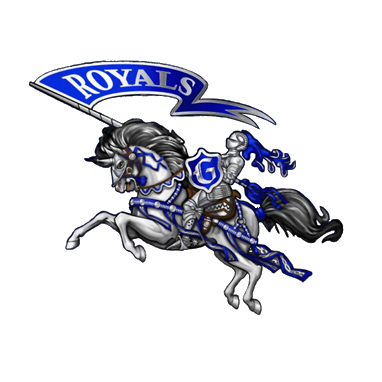Georgetown Public Schools is committed to providing all students a well-rounded education. This includes the necessary academic content and the skills to manage, understand, and contribute to a complex and often difficult world. To this end, the curriculum at Georgetown has a deep focus on social-emotional connections and embeds values such as empathy, tolerance, and acceptance in its everyday curriculum. These values often do not show up in state or national standards nor are they assessed on the MCAS, which is why they are often referred to as “the hidden curriculum.” Nevertheless, it is essential that families and the community know how these issues are being addressed within the schools so that they may be reinforced outside of the school environment.
Below are descriptions of how empathy, acceptance, and inclusiveness are approached in schools. Creating a comprehensive list is not possible since many of these points come up as spur-of-the-moment discussions, and educators use the “teachable moments” to address the values consistent with Georgetown’s mission. When developmentally appropriate, students are exposed to difficult issues and are given the opportunity to explore their root causes and consequences.
http://webhost.bridgew.edu/marc/ – MARC: Massachusetts Aggression Reduction Center-Bullying and Cyberbullying Prevention
http://www.bettereducator.com/program.aspx?programId=15
http://www.schoolengagement.org/index.cfm/Bully%20Proof%20Your%20School
Kindergarten Connections
- Meetings as a team to discuss teaching empathy, tolerance, inclusiveness etc.
- Address many of these issues on a daily basis in our teachable moments and interactions with children and through shared literature.
- Ellen Bissaillion addresses all of these issues in her monthly friendship classes.
- Amy Wahl, when she is able to come to our classes, also addresses these topics in social skills small groups and whole class lessons.
Second Grade Connections
- Scholastic News
- Responsive Classroom and morning meetings
- Friendship groups run by Elizabeth C and Mike W.
- Biography studies
- School-wide meetings
Third Grade Connections
- Responsive classroom – We generate classroom rules at the beginning of the year, meet as a classroom community each morning to create a safe learning environment, and set clear expectations about how to treat others and behave in school.
- CARES – we discuss and reinforce the ideas on the CARES tree.
- Biography reading unit – This unit lends itself to discussions about segregation, discrimination, racism, tolerance, empathy and inclusiveness.
Fourth Grade Connections
- In depth Immigration and Historical Fiction unit. These units touch on the hardships immigrants face/faced, especially when they are forced to leave their country due to war and persecution. In the Historical Fiction unit, we read Letters from Rifka where we focus on the persecution of Jews.
- Ongoing Interactive Read Alouds during Reading. We tackle WWII, segregation, slavery, etc. Some of the books we use are The Other Side, Pink and Say, Number the Stars, The Watsons Go to Birmingham-1963, Who Was Anne Frank?, The Cats in Krasinski Square, The Lotus Seed, When Jessie Came Across the Sea. Please know that all 4th grade teachers use most, but not all of these books….it varies by teacher which books we use.
Fifth Grade Connections
- Maniac Magee by Jerry Spinelli – discusses racism and the Civil Rights movement as a theme in the text. We also read the picture book “Freedom Summer” by Deborah Wiles which centers on themes of racism and exclusion.
- Bud, Not Buddy by Christopher Paul Curtis – discussion of racism as a theme, racial discrimination during the Great Depression.
- During our social studies unit on the US Government, we discuss the Constitution and the Bill of Rights. We relate it to rights that are being fought for in present-day (with sensitivity to the age group we’re teaching) and briefly touch on the groups that have been discriminated against.
